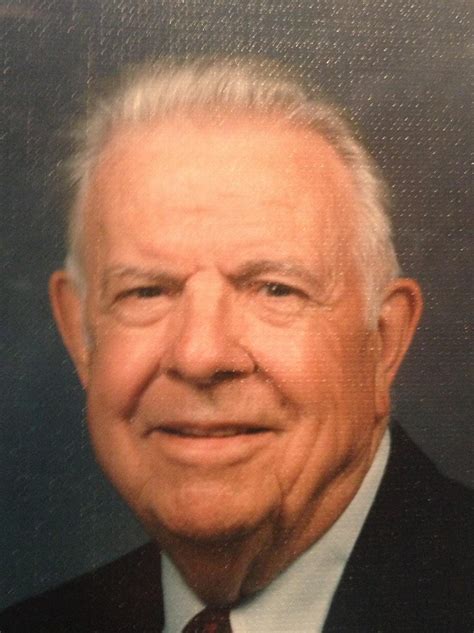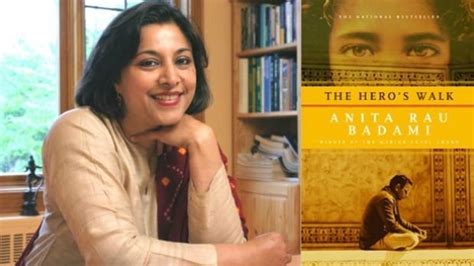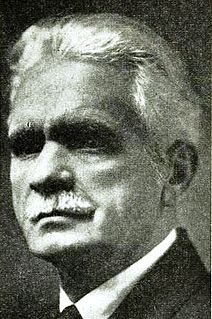A Quote by Laura Hillenbrand
Finally, I wish to remember the millions of Allied servicemen and prisoners of war who lived the story of the Second World War. Many of these men never came home; many others returned bearing emotional and physical scars that would stay with them for the rest of their lives. I come away from this book with the deepest appreciation for what these men endured, and what they scarified, for the good of humanity. It is to them that this book {Unbroken} is dedicated.
Quote Topics
Related Quotes
Too many writers think that all you need to do is write well-but that's only part of what a good book is. Above all, a good book tells a good story. Focus on the story first. Ask yourself, 'Will other people find this story so interesting that they will tell others about it?' Remember: A bestselling book usually follows a simple rule, 'It's a wonderful story, wonderfully told'; not, 'It's a wonderfully told story.'
There is an undeniable economic and cultural disconnect between many of those who volunteer to serve and those who choose to remain civilians. But what is more concerning to me is the disconnect between our political leadership that applauds our soldiers and veterans, but then won't provide funding to properly armored vehicles or health care when our servicemen and women come home. You can't send men and women to war without being prepared to take care of them abroad and give them the services they need when they return home.
In most homes, from what I know of them, even though the woman's place in that particular home might be in the home, still, she is queen of her house. So I like exploring the many different incarnations of women in that country, actually. You find quite a range of these women in this book - each one of them embodies a completely different personality type. And how can you write a book that's only full of men, anyway? I mean, half the population of this world is women.
America has many glories. The last one that she would wish to surrender is the glory of the men who have served her in war. While such devotion lives, the nation is secure. Whatever dangers may threaten from within or without, she can view them calmly. Turning to her veterans, she can say: 'These are our defenders. They are invincible. In them is our safety.'
It has to be an actress like Marion Cotillard [in Allied] because there are so many levels to it. It's set in the Second World War, when lots of people were doing things that, outside of a war, you wouldn't do, like killing and dropping bombs. She's doing things that one wouldn't approve of, but it's war.
War today is such a more visible thing. We see it on television, on CNN. In 1914, war was a concept. There was a naivety and stupidity that war would be a great lark. It's not that different from Gone With The Wind, where all the young men can't wait to go off to fight and then two hours later in the movie, we see how the reality of that has come home to them.
Where are they now that we, the men whom they sent off to war, have returned? These are commanders who have deserted their troops, and there is no more serious crime in the law of war. The Army says they never leave their wounded. The Marines say they never leave even their dead. These men have left all the casualties and retreated behind a pious shield of public rectitude. They have left the real stuff of their reputation bleaching behind them in the sun in this country.
Did Ethan Smith's View of the Hebrews furnish structural material for Joseph Smith's Book of Mormon? It has been pointed out in these pages that there are many things in the former book that might well have suggested many major things in the other.Not a few things merely, one or two, or half dozen, but many; and it is this fact of many things of similarity and the cumulative force of them that makes them so serious a menace to Joseph Smith's story of the Book of Mormon's origin



































